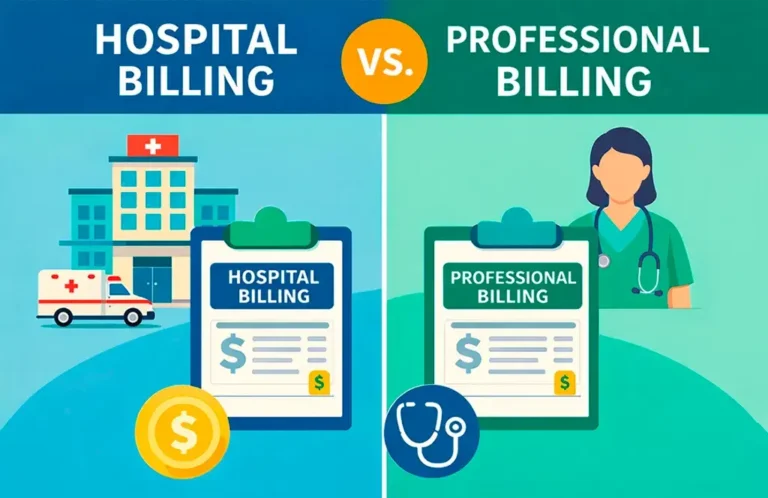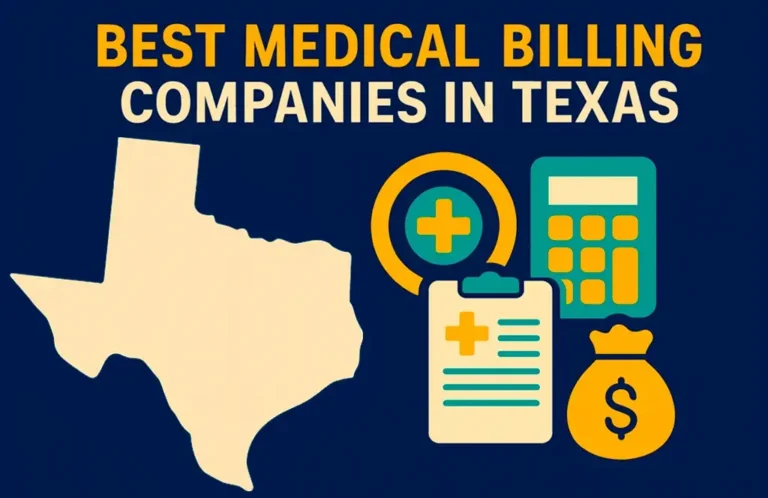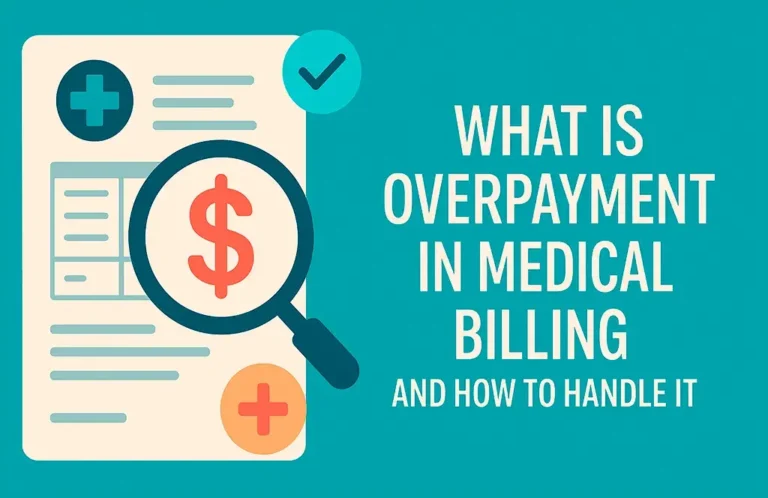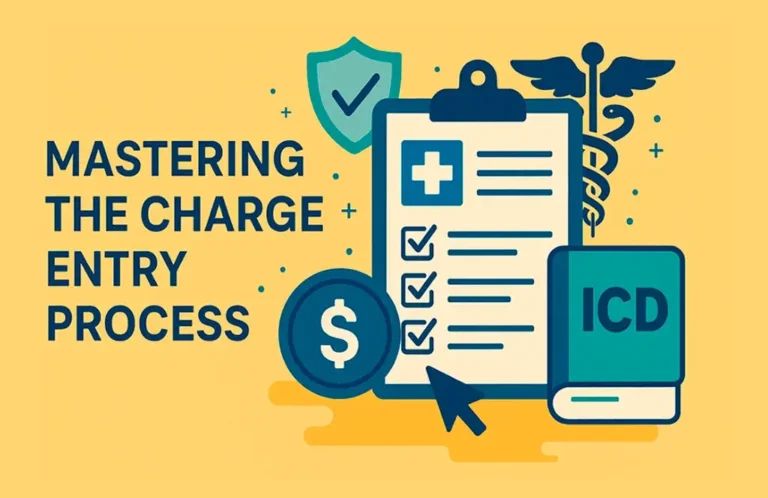The Latest From SWIFT Medical Solutions
Keeping You Informed

Hospital Billing vs. Professional Billing: What You Need to Know
Healthcare billing isn’t simple. Many practices struggle because they don’t understand the difference between hospital billing and professional billing. This confusion leads to denied claims,

Top 10 Spravato Billing Services Companies in the USA
Spravato (esketamine nasal spray) is a revolutionary drug for the treatment of resistant depression, approved by the FDA in 2019. However, its administration and payment

Top 7 Medical Billing Companies in Ohio (2025)
Ohio’s healthcare system includes over 200 hospitals and thousands of medical centers serving more than 11 million state residents. Ohio ranks seventh in the United

7 Best Medical Billing Companies in Texas (2025)
Texas healthcare providers face unique billing challenges. Strict regulations (95-day claims submission deadline), a variety of payers – from Medicare and Medicaid to TRICARE and

Top Pain Management Billing Companies in 2025
Pain management is one of the most complex medical specialties in terms of billing. Pain management billing companies play a critical role in ensuring the

Top Medical Billing Companies in California for 2025
California has the most complex and competitive healthcare ecosystem in the United States. With more than 32,800 medical offices and 514 hospitals, the state generates

What is Overpayment in Medical Billing and How to Handle It
Overpayments in medical billing are a frequent yet often misunderstood issue in healthcare revenue management. While some may initially see an overpayment as additional income,

Outsourcing Medical Billing: Pros, Cons, and Key Considerations
Managing a healthcare practice involves balancing excellent patient care with complex administrative responsibilities. Among the most demanding of these tasks is the medical billing process.

Mastering the Charge Entry Process in Medical Billing
What Is Charge Entry? Charge entry refers to recording charges for medical services rendered to patients and entering them into the billing system. It involves
